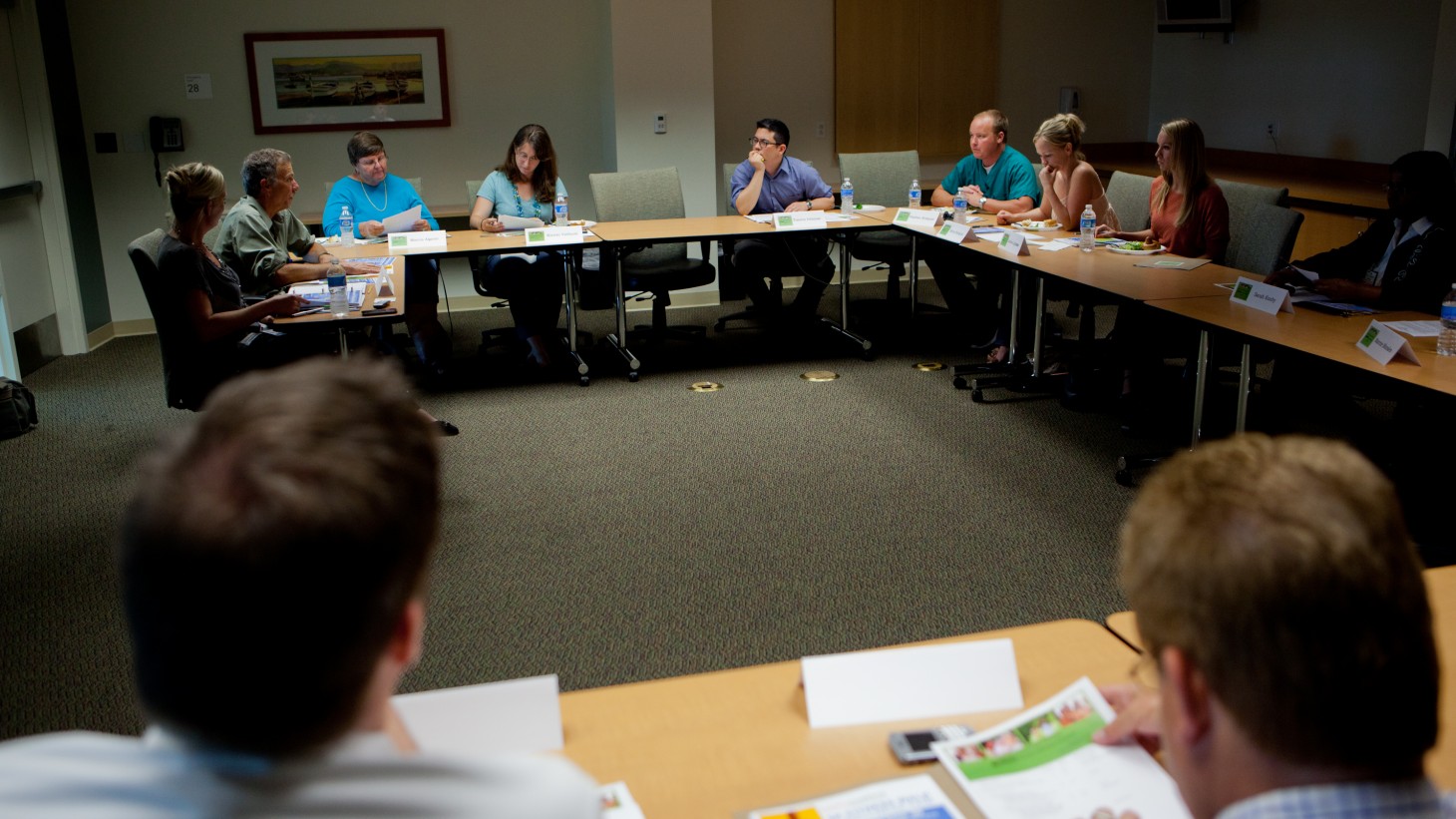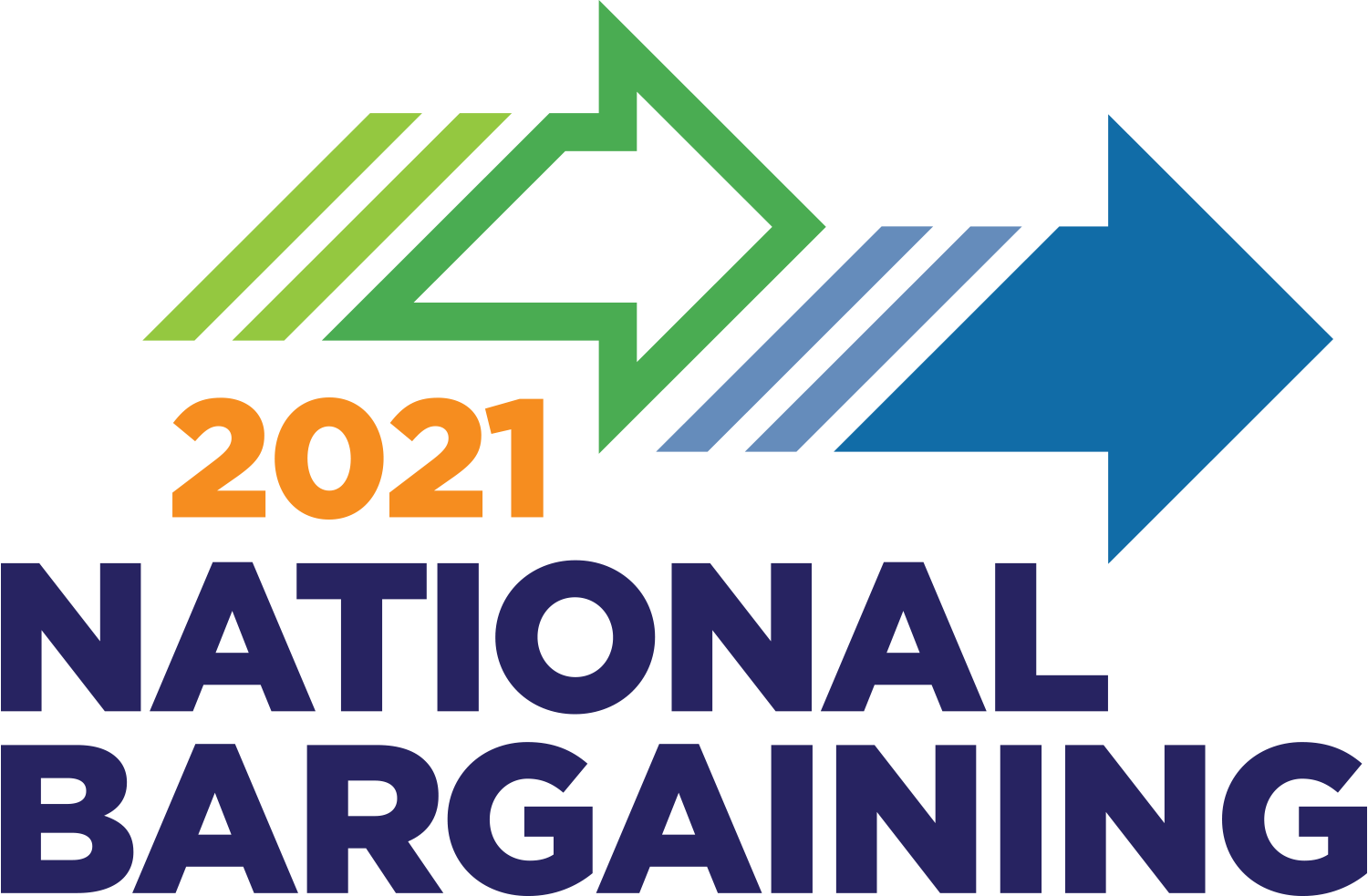Hank Fall 2014
See the whole issueLearning by Listening: Patient Advisory Councils

A patient advisory council in Southern California meets to discuss service and quality issues.
Kaiser Permanente is inviting patients and families into the boardroom to talk turkey. There’s no sugar-coating a bad experience or making excuses for less-than-stellar service. Listening to our patients has become a core value, and patient advisory councils are one of the ways KP is bringing the patient into the conversation to improve care.
“There are over 35 advisory councils and over 400 patient advisors throughout the organization,” says Hannah King, the director of service quality for unit-based teams.
In the Northwest, as in other regions, the work being done by the councils is affecting outcomes. Within six months of the formation of the Oncology Patient Advisory Council, for example, oncology patient satisfaction scores climbed 6.5 percent. One change prompted by patient feedback was a fresh look at a procedure that sometimes is used in the course of a surgical breast biopsy. After hearing from patients about the pain they were experiencing, physicians standardized the wire localization procedure to reduce pain.
One of the newest councils in the Northwest was created to help serve the region’s growing Hispanic population. Patients on the council have been involved in a video project that will be ready to share with staff by year-end. In the video, Latino patients talk directly to KP care teams about their culture, providing insights into how to build trust and develop good provider-patient relationships.
Patients who serve on the councils are not paid to participate. “These are people who are invested in helping us succeed,” says Jonathan Bullock, program manager for Patient and Family Centered Care Programs in the Northwest.
Given the complexity of an organization as big as Kaiser Permanente, there’s been a learning curve for patients as well. At a recent council meeting in the Northwest, patients expressed frustration that a suggestion to improve signage hadn’t happened. As it turned out, their idea had been incorporated into the master plan—but there’s a schedule for updating signage, and the clinic they were familiar with wasn’t due yet for a refresh.
